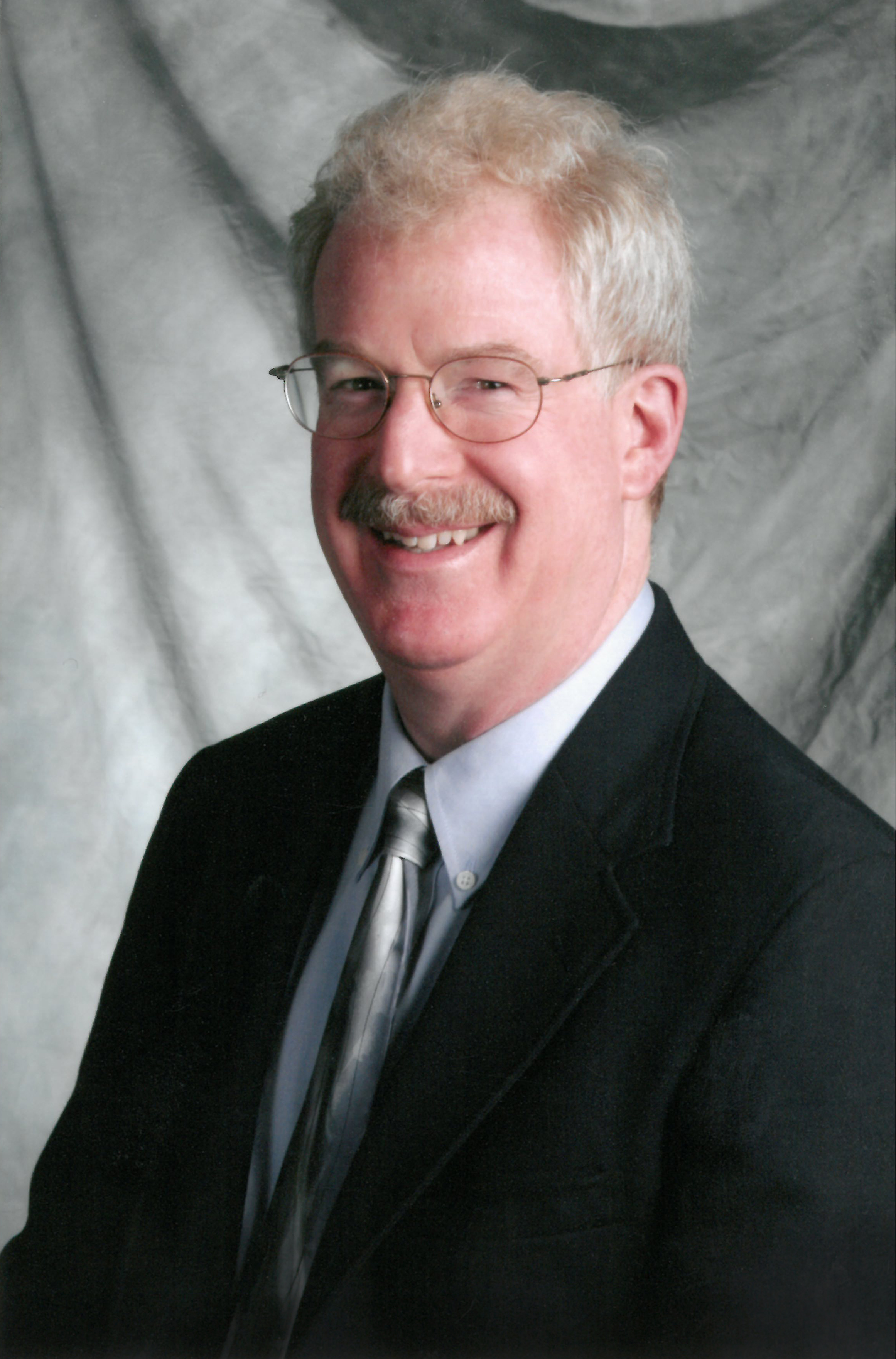By Dave Carver, PhD, Student Ombudsperson, University of Nebraska Medical Center
IOA Board Member
[email protected]
In higher education the start of the fall semester is a time to welcome new and returning students while also taking a fresh look at traditional perspectives. It is in that spirit that I offer a few thoughts on the future of organizational ombudsing.
First, I think we can all agree that our IOA version of the ombuds role is unique, valuable, and worth preserving. There’s nothing quite like it. I would also point out that at least in academia, the ombuds role was practiced effectively long before the IOA and the Standards of Practice (SOP) ever existed. I first came in contact with a university ombudsman as an undergraduate student at Northern Illinois University in the early 1970s. Although the SOP were still unwritten at the time, our campus ombudsman was indeed confidential, impartial, independent, and informal–pretty much as we use those terms today. Was that just a coincidence? I don’t think so because the role was being replicated on campuses across the country.
Those early academic ombuds pioneers fulfilled previously unmet campus needs for informal dispute resolution and fair process advocacy in a somewhat magical, behind the scenes manner. Although I’m not as familiar with the evolution of ombudsing in the corporate world and other organizational sectors, I think the role emerged in a similar way. The original organizational ombuds all came from a multitude of professional disciplines and work backgrounds. There were no sequential degree programs or step-wise career paths required. This was still the case when I became an ombuds in 1996 and remains true today. It is a large part of what makes the ombuds role special to the organizations that we serve.
To be honest, the somewhat unstructured, flexible nature of the ombuds role is what attracted me twenty years ago. The SOP began to emerge back in the days of UCOA and TOA, but those standards were viewed as general guidelines, not as rigid tests of ombuds purity. When IOA was formed in 2005, there was a corresponding movement to “professionalize” the role that resulted in restrictive membership categories based largely upon a literal interpretation of the SOP. At the same time, the IOA Board decided that only full time ombuds with no other duties could be full members of IOA. This full time practice requirement was eventually eliminated, but membership categories, and in 2008 CO-OP certification, remained contingent upon 100% compliance with the SOP.
Unfortunately, this has led us to the dilemma we face today–where we have eliminated strict yet unenforceable SOP-based IOA membership criteria but continue to require 100% SOP compliance for CO-OP certification and IOA Board membership. Let’s be honest: the SOP are open to various interpretations. For example, the concept of imminent risk in the confidentiality standard has very different meanings in academia, healthcare, the corporate world, and government agencies. If we dig deeply, or have a large enough axe to grind, we could likely find some alleged SOP violations in almost every existing ombuds program. We need to ask ourselves, do these variations in ombuds practice completely nullify our effectiveness or put our visitors at risk? In most cases, I would answer NO to that question. This does not negate the importance of the SOP in lending suggested boundaries for what is often an ambiguous, situational role. What I am questioning is HOW we use the Standards, not their overall value.
So where does that leave us? I think we should focus our attention on promoting rather than policing our very special IOA version of ombuds practice.
Organizational ombudsing is a unique role but not yet a full-fledged profession. Our skill set is borrowed from other more established disciplines. There is no set curriculum, degree program, or license required to be an ombuds. This does not diminish the value of the ombuds role. Many important organizational roles such as President, Chancellor, CEO, and Dean of Students are not restricted to any one profession or set of practice standards. The most successful and financially viable aspect of IOA is our professional development programming including our excellent Foundations training and wider-ranging advanced workshops. We continue to expand our influence by “selling our brand” to future practitioners and prospective organizational clients. In contrast with prescriptive gatekeeper initiatives, our training programs continue to grow in popularity and remain our best hope for the future.
We should lead the way by demonstrating our unique value to organizations rather than spending our limited time trying to build a protective wall around the title Ombudsman; a title we did not originate, do not own, and do not even use consistently. We should focus on our unifying educational efforts rather than divisive and ultimately futile attempts to police the ombuds role.
I realize that these views are controversial and perhaps even troubling to some colleagues. I speak for myself in this article and not the IOA Board or the Ethics & Professional Standards Task Force. I welcome your comments pro, con, or somewhere in between!
